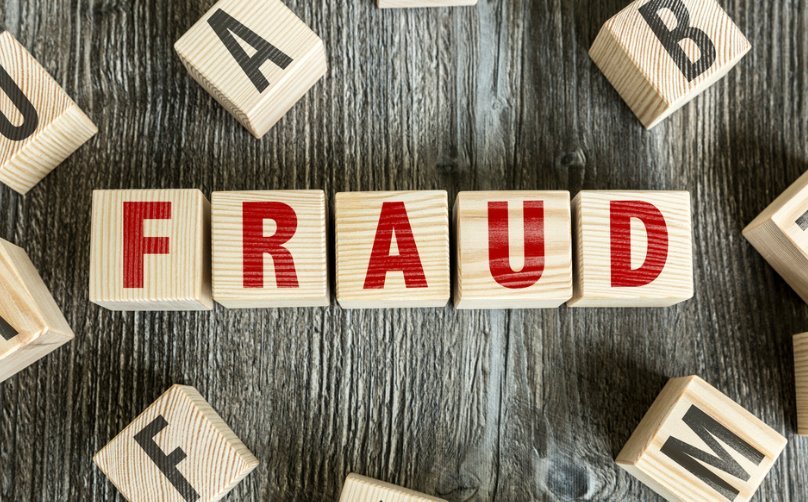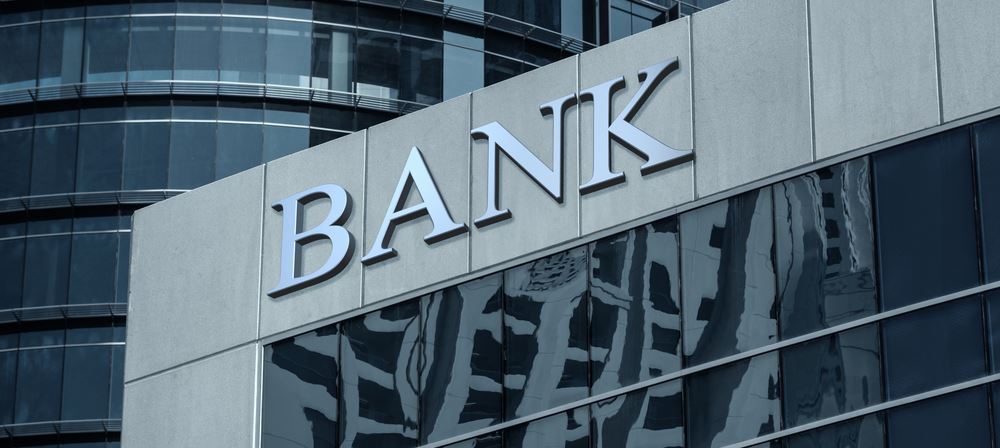Managing Fraud in a Business.

All organizations are subject to fraud risks. Large frauds have led to the downfall of so many organizations, massive investment losses, significant legal costs and erosion of confidence in capital Markets. Publicized fraudulent behavior by key executives has negatively impacted the reputations, brands, and images of many organizations around the globe.
Reactions to recent corporate scandals have led the public and stakeholders to accept organizations to take a “no fraud tolerance” attitude. Good governance principles demand that an organization’s board of directors, or
Equivalent oversight body, ensure overall high ethical behavior in the organization, regardless of its status as public, private, government, or not-for-profit; its relative size; or its industry. The board’s role is critically important because historically most major frauds are perpetrated by senior management in collusion with other employees Vigilant handling of fraud cases within an organization sends clear signals to the public, stakeholders, and regulators about the board and management’s attitude towards fraud risks and about the organization’s fraud risk tolerance.
In addition to the board, personnel at all levels of the organization including every level of management, staff, and internal auditors, as well as the organization’s external auditors have responsibility for dealing with fraud.
Particularly, they are expected to explain how the organization is responding to heightened regulations, as well as public and stakeholder scrutiny; what form of fraud risk management program the organization has in place; how it identifies fraud risks; what it is doing to better prevent fraud, or at least detect it sooner; and what process is in place to investigate fraud and take corrective action.






Responses